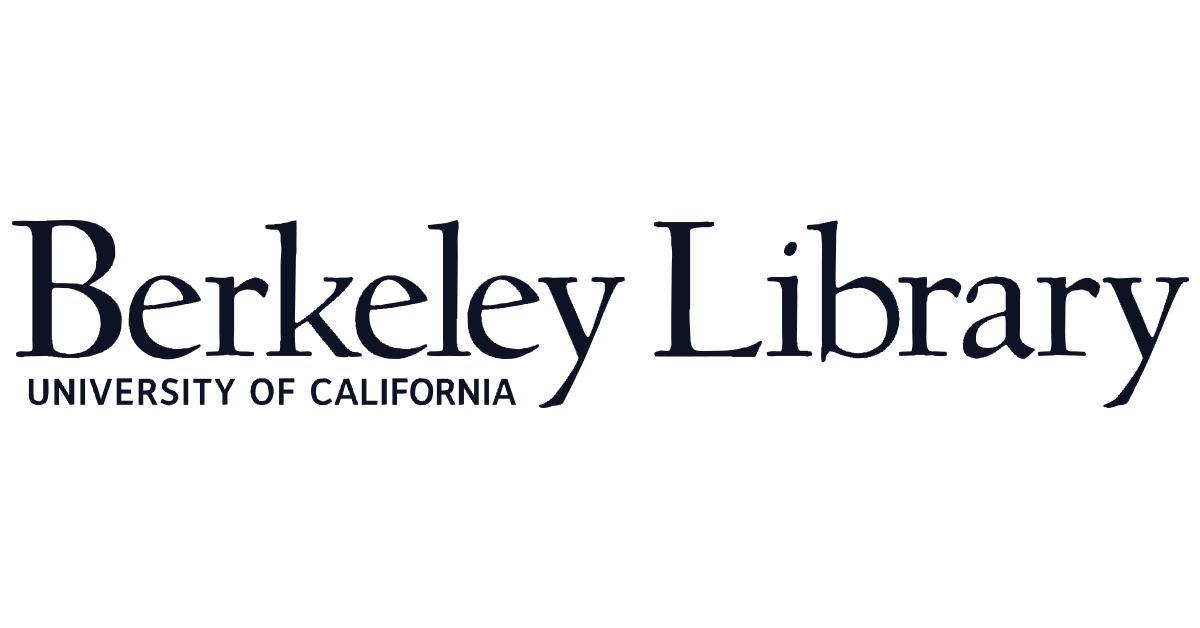Didactique de la littérature dans l'enseignement secondaire : Enjeux et paradoxes
DOI:
https://doi.org/10.5281/zenodo.14564977Keywords:
Qualifying secondary cycle ; Didactics of literary works; Teaching ofAbstract
In the context of public secondary education in Morocco, the teaching of literary works is fraught with challenges arising from the inherent complexities of the French language. Reading skills, particularly in French, are increasingly a concern among high school students. Many students find themselves lacking the fundamental skills needed to succeed in their school programs. As a result, they often feel demotivated and overwhelmed when attempting to engage with literature, which is amplified by the significant cultural gaps that exist between their daily experiences and the literature they encounter. The main obstacle they face lies in the particular nature of literary content, which demands considerable cognitive effort from high school students. There is also a notable disconnect between what students enjoy reading and the goals of literary education; they often favor quick, focused reading experiences over lengthy literary analyses. Many students perceive the process of studying literature in class as tedious and unengaging, which can diminish their enthusiasm for reading. Teachers, too, face challenges in trying to make texts relevant and engaging for their students. A particularly worrisome trend is the decline in high school students’ interest in reading, which is further intensified by technological distractions. The intention of this contribution focuses mainly on the correlation between the teaching of the so-called non-linguistic disciplines "DdNL" and the importance of the acquisition of French, which remains a utilitarian language and a means of disseminating scholarship in a specialized field. It aims to highlight these crucial questions and advocates for a more engaging approach to the teaching of literary works in a bilingual environment in the qualifying secondary cycle in order to promote better student results in French.
Downloads
Published
How to Cite
Issue
Section
License

This work is licensed under a Creative Commons Attribution-NonCommercial-NoDerivatives 4.0 International License.























